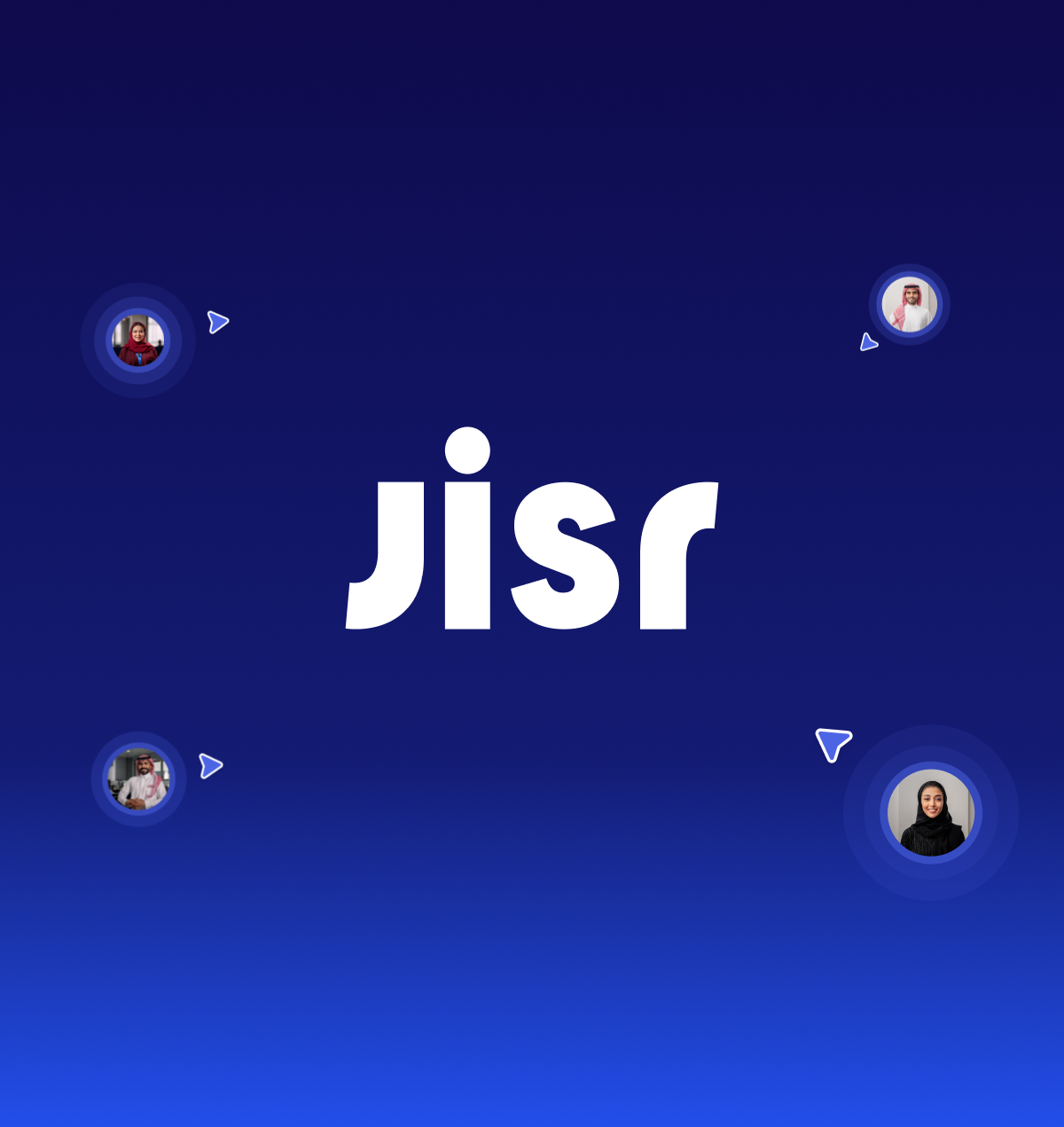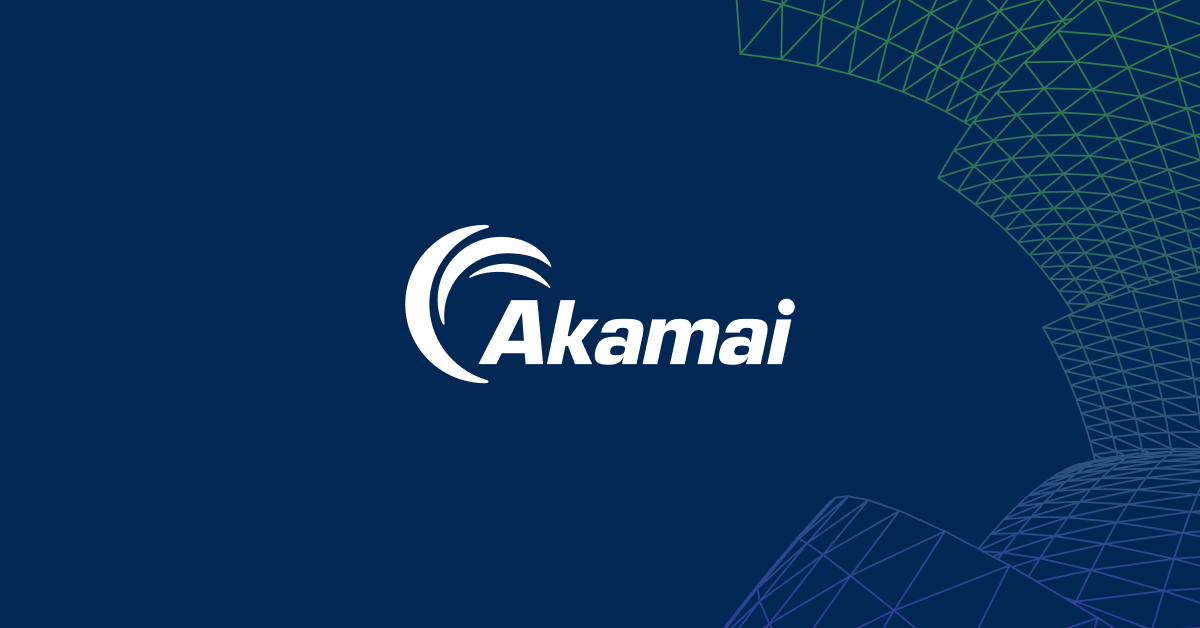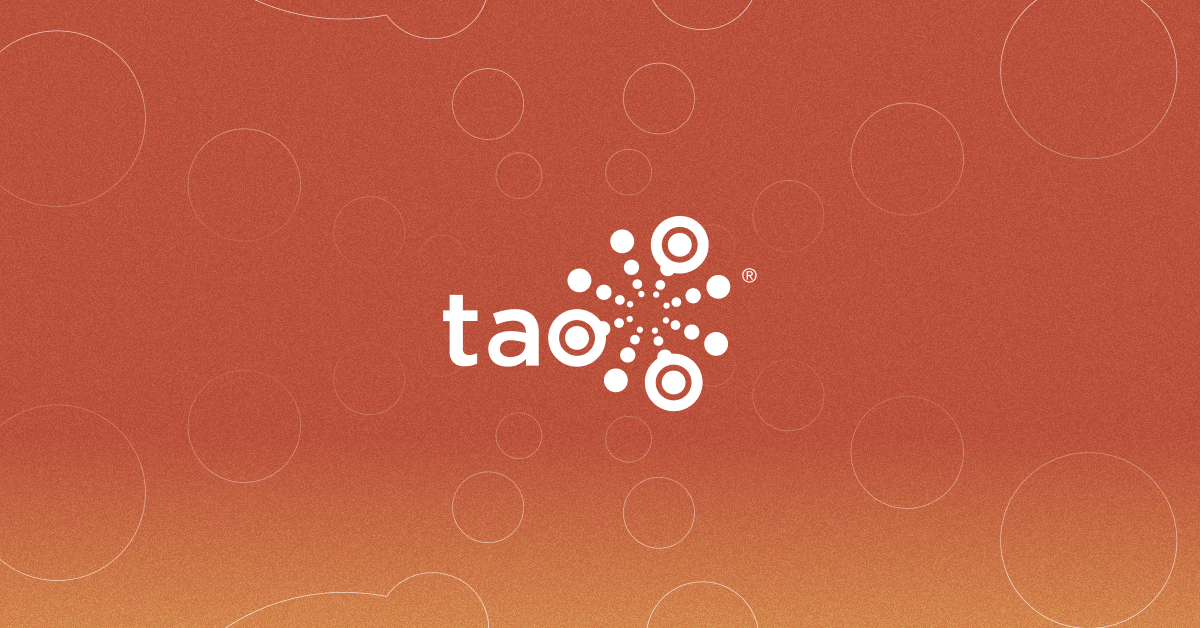How the SaaS Provider Jisr Used Automation to Reduce Cloud Costs 65%
→ 65% cost savings on the Production cluster
→ Over 70% increase in CPU and memory utilization
→ Zero impact on application availability

Company size
250+ employees
Industry
Technology
Headquarters
Riyadh, Saudi Arabia
Cloud services used
Elastic Kubernetes Service (EKS)
Company
Over 3,000 companies use Jisr’s cloud-based employee management platform to manage 350,000 workers across 16 sectors. Jisr delivers a unique digital experience for employees while also assisting businesses in automating most of the administrative work so organizations can focus on employee wellbeing.
Challenge
Jisr’s applications experienced spikes and drops in user traffic during peak hours, making it difficult to ensure applications were optimized at all times. Jisr needed a solution that would automatically improve its resource utilization and reduce the overall costs of its Kubernetes clusters. Ideally, the solution would also help Jisr leverage the most cost-efficient compute instance types and families from Amazon Web Services’ vast selection.
Solution
The team implemented CAST AI to automate the entire process of scheduling business-critical workloads and efficiently managing the cluster nodes during peak times, making Jisr applications significantly more cost-efficient despite their spiky usage patterns.
Results
CAST AI helped Jisr achieve massive cost savings thanks to features like automated selection of the most optimal virtual machines, rebalancing, cluster bin packing, and Spot instance usage.
65.42% cost reduction in the Production cluster
After enabling CAST AI, Jisr saw the average cost per requested CPU go down by less than one-third of the initial price. This cost reduction is achieved mainly by picking the cheapest instances and bin-packing the cluster to reduce resource waste.

In the screenshot above, Period A refers to the period before implementing CAST AI, while Period B shows the cost perspective for the same cluster after implementing CAST AI.
Unlocking savings via Production cluster rebalancing
Rebalancing is a feature that automatically replaces inefficient nodes with more effective ones. During the process, CAST AI creates the new nodes, evicts all pods gracefully to the new nodes, and finally drains and deletes the old ones.
The feature helped Jisr unlock cost savings by replacing production cluster nodes with the most cost-effective instance types without impacting the application’s availability.

The screenshot above presents the difference between Jisr’s configuration before rebalancing (left-hand side) and after automated rebalancing (right-hand side), with changes in the used compute instances noted in detail.
Dramatic increase in CPU/memory utilization in Dev cluster via bin packing
Jisr also enabled CAST AI’s bin packing feature to compact pods into nodes in the Dev cluster and dramatically improve resource utilization.

The screenshot above shows how CAST AI reduced resource waste and compacted resources to reach high utilization for both CPU and memory.
The Evictor component bin packs the cluster and deletes underutilized nodes, running continuously in Jisr’s Dev cluster and identifying candidates for eviction.
Before implementing CAST AI, the team saw a large gap between the resources provisioned, requested, and utilized:

After implementing CAST AI, Jisr no longer faces cloud waste and can optimize the cluster’s resource utilization.

Increased cluster size and decrease in cluster costs
With CAST AI, Jisr could increase cluster size knowing that it would be optimized at every step of the way. In this example, the cluster grew by 107.4% while its cost dropped by 28.3%

Automation of Spot instances
CAST AI also opened the door for Jisr to leverage Spot instances and unlock new savings opportunities. The CAST AI platform handles Spot interruptions without any human intervention, having absolutely no impact on service availability.
CAST AI is now in charge of our K8s infrastructure, so our DevOps team can focus on building new applications, improving our internal processes, and testing new features.
We know that our Kubernetes clusters are continuously optimized, and CAST AI is picking the cheapest CPU price rate for us automatically. We also don’t need to panic if we see sudden spikes in our traffic or if one of the instance types is no longer available; CAST AI will handle all of that for us.
Othman Albakri
Senior DevOps Engineer at Jisr
The DevOps challenges of Kubernetes
How do cloud-native technologies benefit your organization?
Kubernetes increases our scalability by efficiently managing containerized applications, allowing them to scale up or down based on demand. Secondly, it enhances our applications’ reliability by automating deployment, scaling, and management tasks, reducing the likelihood of human error. Overall, Kubernetes enables our DevOps team at Jisr to build and deploy applications faster, more reliably, and more efficiently.
What problems were you hoping to solve with a Kubernetes automation solution?
The main challenge we faced with Kubernetes was ensuring that our infrastructure was optimized at all times, even when our applications scaled up and down dynamically.
We needed a solution that would automatically improve our resource utilization and reduce the overall costs of our Kubernetes clusters.
We also struggled to pick the right instance types and families for our workloads and were looking for a platform to do that for us. With over 750 instances with different numbers of CPUs and Memory, the latest processor, storage, networking, and operating system, it’s hard to find the best instance matching the needs of our workload.
Selecting the right Kubernetes automation solution
How did you learn about CAST AI?
I first learned about CAST AI at KubeCon in Amsterdam. The company’s demo of real-time cluster optimization immediately piqued my interest.
After testing the platform, I found it to be incredibly intuitive and effective. Within days of connecting my clusters, we experienced substantial savings on our cloud costs – a testament to the remarkable efficiency and reliability of CAST AI’s solutions.
Which features or capabilities motivated you to choose CAST AI over the alternatives?
We tested Karpenter, but realized that it wouldn’t solve all of our problems.
Since Karpenter is a single cluster app, there is no clear way to have org-level resources span across multiple clusters. CAST AI, on the other hand, allows us to have an organizational, centralized view to manage all of our clusters. Karpenter also requires additional tweaking and a deep understanding of how to configure each cluster correctly. Karpenter didn’t give us any visibility on the potential savings we could achieve, and we needed to put effort into analysis to show our achievements and measure them going forward.
So it was clear to us that Karpenter cannot do everything CAST AI is doing.
One feature that really stood out to us was CAST AI’s autoscaler. The cost-obsessive autoscaler will make sure that every scaling decision taken is cost-efficient. It reacts very quickly to new demands and selects the cheapest instance type, which brings efficiency and a significant cost reduction without any hassles or disruptions to our production environment.
How was the support throughout the POC and implementation?
Onboarding and configuration were simple and straightforward, helping us unlock the cost savings quickly. The support team is proactive and we always receive the help we need.
Automating Kubernetes for cost and time savings
How did CAST AI help you solve key challenges?
CAST AI helped us build a full-Spot Kubernetes infrastructure and unlock new savings opportunities. Spot instance interruptions can happen at any time. But since CAST AI fully and seamlessly handles this, we know there is no impact on our service availability. If a Spot instance is unavailable, CAST AI will automatically leverage other instance types or fall back to the on-demand instances; no human intervention is needed.
CAST AI also helped our DevOps achieve massive time savings thanks to the automated cluster scheduling.
We built trust in the CAST AI platform to automate the entire process of scheduling new critical workloads and efficiently manage the cluster nodes during peak hours. It was one of our pain points to handle the spiky usage pattern of our application.
Othman Albakri
Senior DevOps Engineer at Jisr
Get results like Jisr – book a demo with CAST AI now
Aside from what you’re already doing, do you see any other steps to extend your optimization initiatives with CAST AI?
We are looking forward to testing the Workload Autoscaler which automatically rightsizes the application’s CPU and memory requests up or down to ensure optimal performance and improve cluster cost efficiency.
Whatever the size of the company or the industry, I strongly recommend CAST AI to every DevOps team. They will see the benefits of CAST AI immediately.
By implementing CAST AI automation, they will be able to use their time wisely and shift the focus from maintaining their Kubernetes clusters to developing new products and features. CAST AI will not only help them reduce Kubernetes costs, but also give them back their time.
Othman Albakri
Senior DevOps Engineer at Jisr





